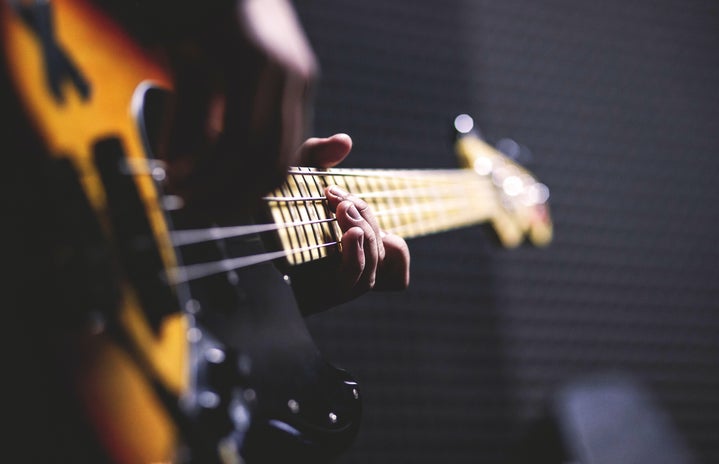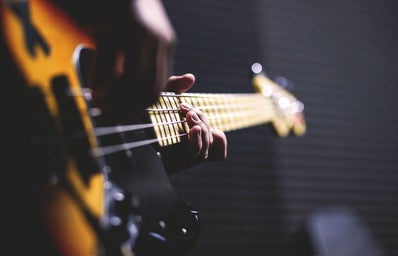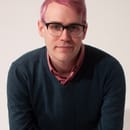The music world received a shock wave this week when lead singer of emo rock legends, Brand New, was accused of sexual harassment by several women. I won’t detail the accusations here, but for those interested, here is one of the many articles currently circulating: https://pitchfork.com/news/two-alleged-victims-of-brand-news-jesse-lacey….
It’s impossible to deny their influence in the history of emo. I remember discovering their second album “Deja Entendu” in 2005 and connecting deeply to the songs. I would follow their career for the next few years, tracing the speedy rise in popularity. All of my friends loved them and when I would attempt to buy tickets to see them live, shows would sell out in seconds.
I personally lost interest in Brand New by 2011. I simply wasn’t connecting to their music as intimately as I had six years before. Their arrogance and overall indifference toward the music they produced was unsettling and disheartening for me. However, I have revisited them from time to time; their discography has remained in my collection. They were a place of nostalgia for me.
That being said, something I do feel compelled to say is I was in no way surprised by the allegations. Not because of my own feelings concerning Lacey, but because of male privilege and the abuses of power in the punk scene especially. Let me be clear: my purpose in writing this article is not to sling I-told-you-so’s, alienate certain fans, insinuate that he indeed perpetrated these acts, etc. My goal is to engage a dialogue in a community that is in no way foreign to instances such as this.
Coming up in an independent music scene, I’ve experienced male privilege first hand. There was a lot of rock star mentality and popularity, often leading to a massive abuse of power on many fronts. It certainly didn’t help that we were all young and had little idea of what we were doing in terms of our relationships. There was emotional and physical abuse, sexual assault, the list tragically goes on. There was a lot of muckraking, with sides being drawn and victims left voiceless. I often learned of incidents months later and the victims would swear me to secrecy. Their fear of rejection from the scene was more important than their safety. It’s hard to believe that a bunch of small town punk musicians would carry as much power and agency over the women of our community, but my god the shadows were tall.
The amount of times I witnessed colleagues hitting on girls or using their onstage persona to ensnare people in their charm was sickening. On the surface it appeared harmless enough, but their intentions were clear. These men saw their status as figureheads as a way to hold agency over the women who felt connected to their music. This behavior needs to end.
When Lacey “apologized” in light of his allegations, I found myself unsettled. There was a large focus on himself, it felt to me as though he was downplaying the suffering and experience of the women. This is morbidly prevalent in the lyrics of emo and pop punk. There’s a lot of pointing fingers and “she broke my heart,” but never any accountability held up to the self. The lyrics of many pop punk bands are INCREDIBLY misogynistic and place blame instead of reflecting. This form of discourse, along with the worship of bands who preach such abysmally disparaging ideologies, is unhealthy and needs to change.
Thankfully, there is a growing safe space for women in the alternative genre. There are legions of strong, outspoken songwriters, fighting to bring equality and hold these figures of power accountable for their actions, past or present. Many view the outpouring of allegations as a “witch hunt” and honestly, let them squirm. Let those uncomfortable with these voices cower under the might of victims stepping forward. I’m sure over the next year—perhaps the upcoming months— many more admired punk icons will be called out. When this happens, we must hold the guilty accountable and encourage a progressive discourse.


